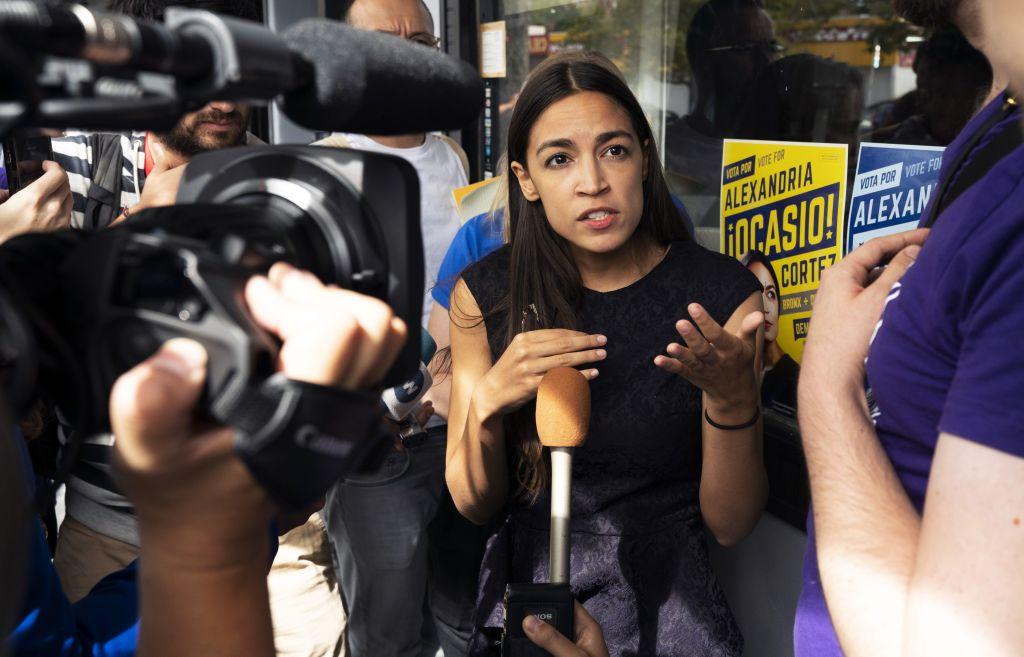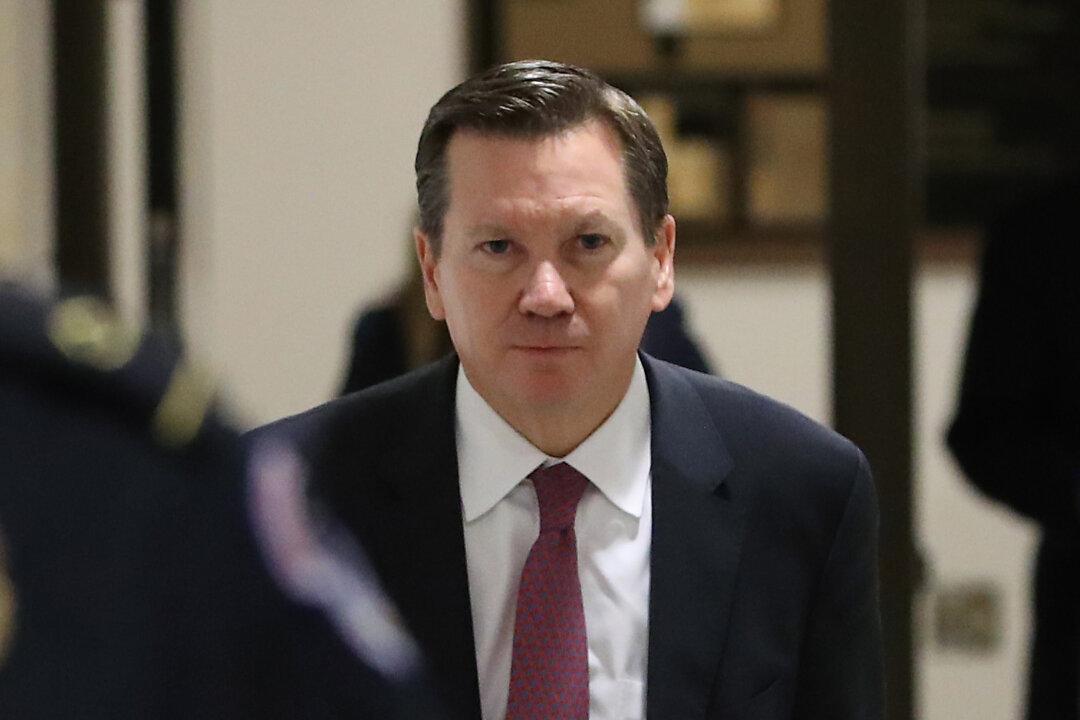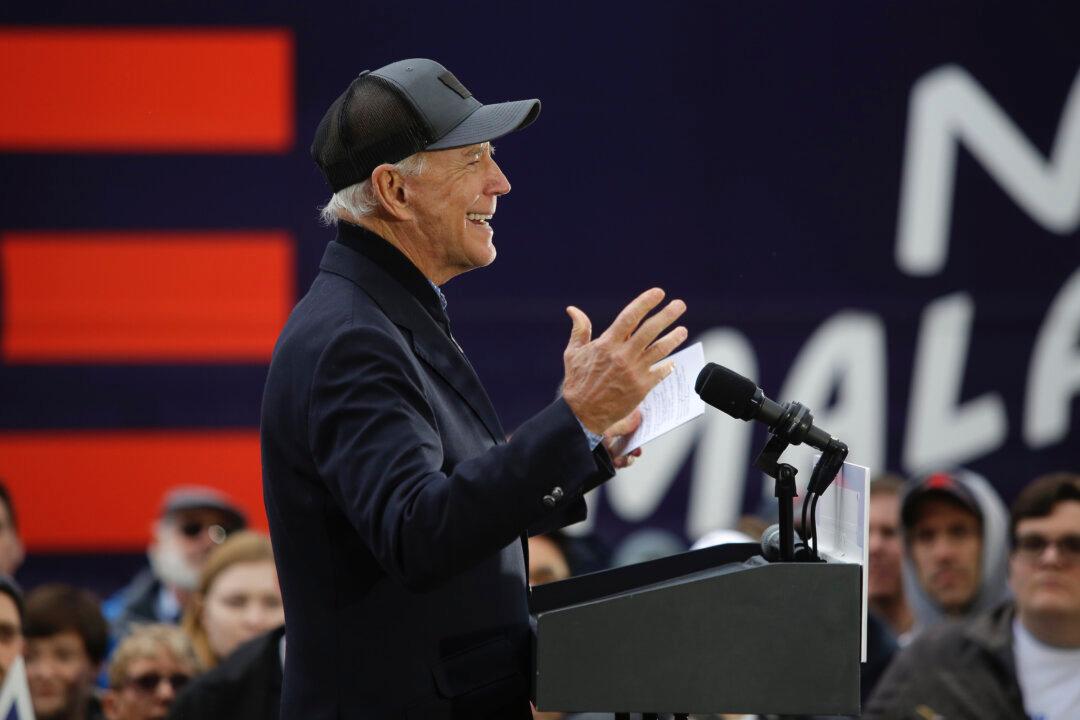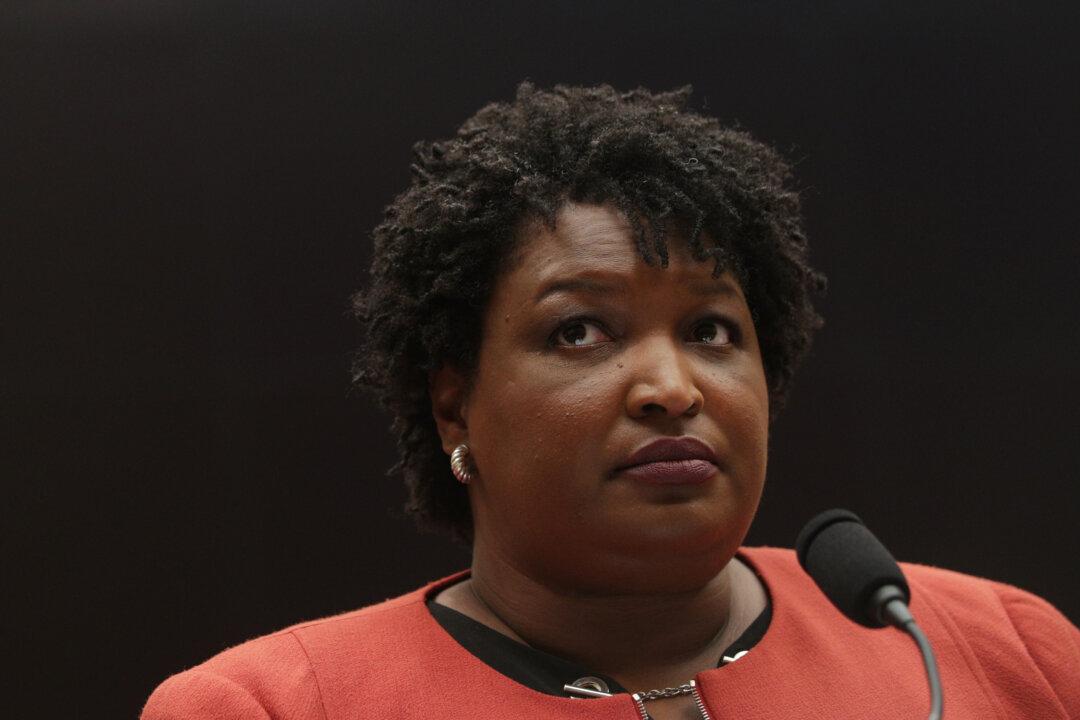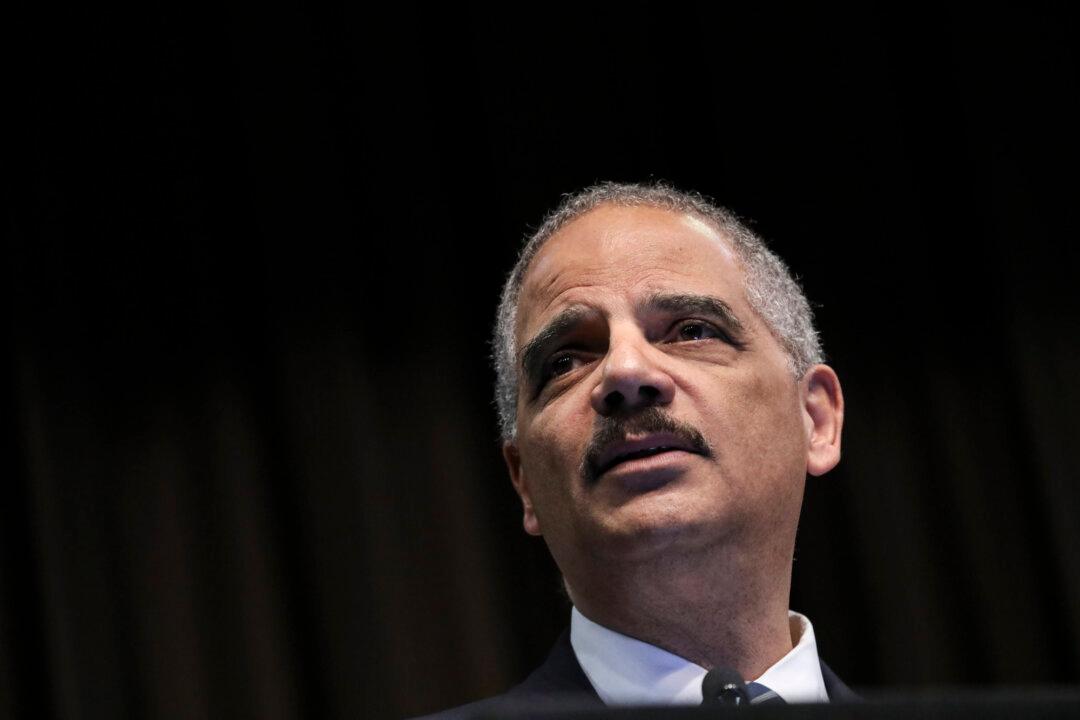New Yorkers overwhelmingly want a second chance at welcoming global e-commerce giant Amazon.com back to New York City, according to a new Quinnipiac poll.
Amazon had chosen Long Island City, Queens as its preferred location to build a second headquarters, known as “H2Q.” In exchange for $3 billion in tax incentives, the mega-corporation would have delivered an estimated $27 billion in tax revenue over 25 years and at least 25,000 jobs.
